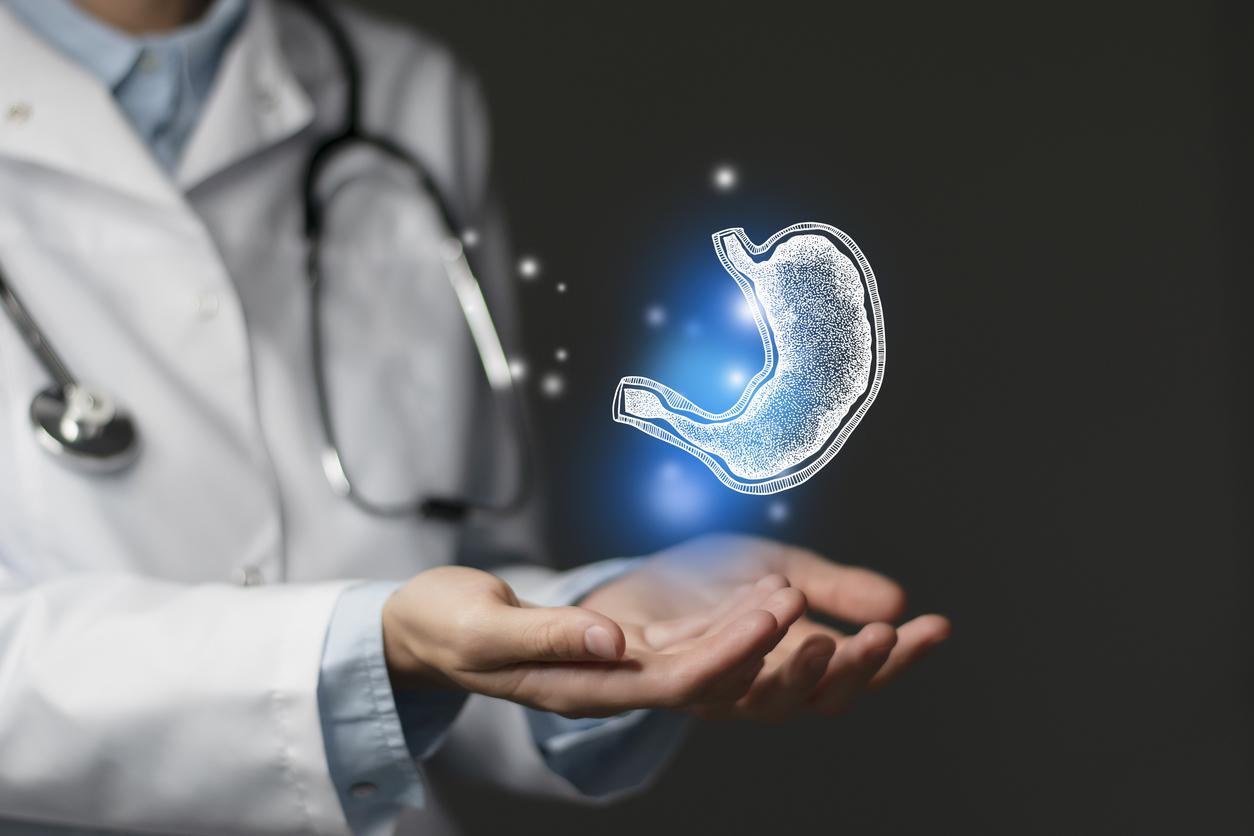On Tuesday April 7, researchers from Lyon announced the launch of two research protocols, including a clinical study including cancer and coronavirus patients. The latter will make it possible to compare three treatments to determine the most effective against Covid-19.

- Chinese studies have shown that cancer patients are more vulnerable to Covid-19
- The effects of antibiotics, anti-virals and immunotherapy products will be analyzed
Research on Covid-19 continues to advance. While we now know that the disease can have serious effects in particular on people suffering from cardiovascular disease, diabetes or obesity, researchers would now like to determine its effects in cancer patients. Tuesday, April 7, the cancer center Leon Berard of Lyon announced in a press release the launch of two research protocols, including a clinical study including cancer and coronavirus patients.
“To date, no treatment has yet proven its effectiveness. Chinese epidemiological studies have shown that cancer patients are more vulnerable to the virus, and are more likely to develop serious complications from the COVID-19 disease”, explain the researchers in the preamble to the press release.
The study, coordinated by Dr Philippe Cassier, medical oncologist at the Léon Bérard Center, will compare three treatments to determine the most effective against Covid-19. In all, 273 patients from all over France, all suffering from cancer at an advanced stage, will be followed. “In the case of the coronavirus epidemic, it was not certain that these patients could be admitted to intensive care. This study makes it possible not to exclude them from other studies”, specifies Philippe Cassier, quoted by 20 minutes.
Two groups of patients
This month, the researchers will distribute on one side the patients affected by the virus but who manage to breathe normally and on the other those in respiratory distress and therefore in a more critical state. Each group will test the three treatments. The first, called classic, will consist of administering antibiotics to patients. The second to treat them with GNS561, a chloroquine analogue, “currently being tested as an anticancer therapy and for which we already have data on its toxicity and safety”, explains the center. Its effects “are 10 to 50 times greater than chloroquine. The objective will be to demonstrate that this drug works better on this type of patient,” explains Philippe Cassier.
The third treatment will be immunotherapy for people with no respiratory problems, the objective being to strengthen their immune defences. “We want to be careful with this arm of the study because we do not yet know the precise role of the immune system in the aggravation of COVID-19, but what is certain is that serious patients have a very low lymphocyte drop. important”, explains Professor Jean-Yves Blay, director general of the Léon Bérard Center and president of Unicancer, in the press release from the hospital. Patients in respiratory distress will receive an antibody called anti-interleukin-6R to “curb the immune runaway and an exacerbated inflammatory reaction”. The first tests should take place in the next few days.
At the same time, researchers from the Léon Bérard center will conduct a so-called “observational” study. The latter “aims to follow the evolution of cancer patients undergoing treatment and presenting symptoms of COVID-19. The main objective is to collect as much data as possible on this disease in cancer patients in order to assess the risk of complications due to infection with this virus on this particular population,” they explain. On Monday, 6 patients had already been included in the experiment.
Each year in France, “250,000 cancer patients receive active treatment”
Because the center “hypothesizes that patients with malignant tumors in active treatment are at greater risk of developing serious complications from COVID disease”. “It is estimated that each year, in France, 250,000 people with cancer receive active treatment (chemotherapy, immunotherapy, targeted therapy). It is therefore essential to collect information on this virus, the disease it triggers, and to study it in relation to cancer pathologies,” the statement concludes.
Every year, cancer kills millions around the world. According to the WHO, this affliction is the second leading cause of death on the planet after cardiovascular disease. In 2015, 8.8 million people died of cancer. In France, cancer is the leading cause of premature death among people under 65. On average, “148,737 cancer deaths were recorded each year in France, including 88,378 men and 60,359 women”, notes the League against cancer on its website.
In men, the most common cancer is that of the prostate. Then come that of the lung and the colon-rectum. In women, breast cancer is the most diagnosed, followed by that of the colon-rectum and then the lung.
.















